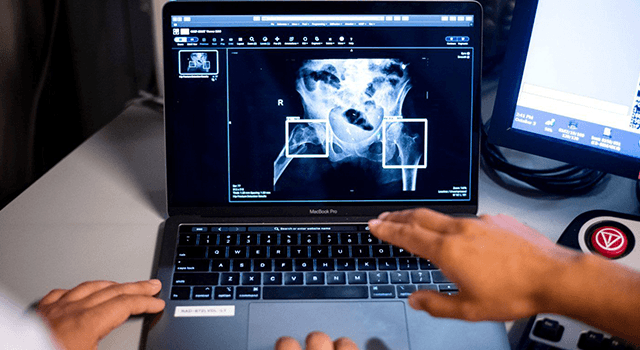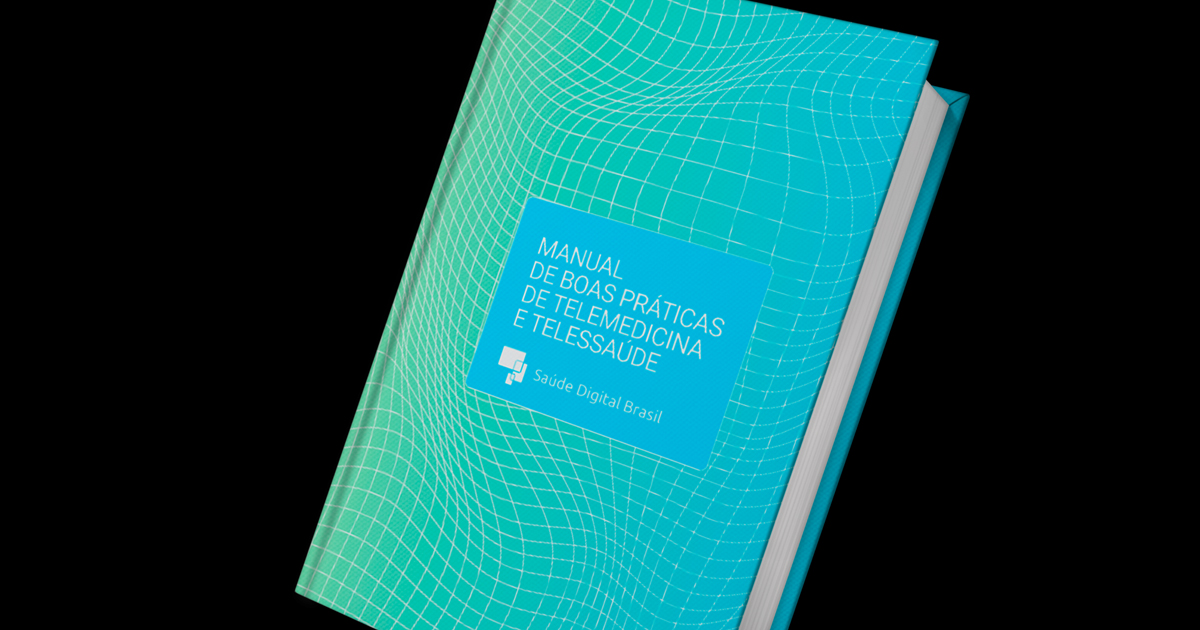With an investment of more than 250 million pounds, work has begun on new analytical models that could facilitate various processes and treatments of fatal diseases.
Accelerated Access Collaborative, is an initiative of the National Health System of England (NHS), which focuses on the elimination of barriers and rapid adoption of innovations in the government and the national health system. Within their plans, they announced a plan for the creation of an artificial intelligence laboratory. Its benefits could improve early diagnoses of diseases such as cancer by up to 60%, personalized prevention, and the automation of routine tasks.
Through this initiative, it seeks to coordinate an information network in which academics, specialists and institutions participate. As a result, patients will have access to more information to properly care for their health.

This strategy aims to prevent and anticipate the development of a disease, instead of treating it, and thus the costs of managing a patient's health can decrease significantly. Some of the benefits of this information network are more accurate and early diagnoses to reduce some of the risks that could occur with these diseases.
Despite the great investment that is contemplated for this project, the most important thing is the willingness of institutions and professionals to adapt to the new digital era. Different training plans and transition systems have been put in place whose primary objective is the health and well-being of patients, who for years have expressed dissatisfaction with the old systems that have high costs and few immediate benefits.

It’s impossible to adopt technological advances and at the same time maintain the same coordination and operation structure within an organization; With the digitalization of their systems, institutions will have to innovate in how to operate them. This will involve great efforts, but the benefits will be much greater, such as the elimination of unnecessary use of paper, the improvement of efficiency in the provision of services, and the improvement of the quality of preventive services.
A large number of institutions in England are already working to adopt these new technologies. The Open Data Institute and the Center for Data Ethics for Innovation have pioneered trends in the exchange of information and patient data.
The trend of the digital wave has already expanded to America. The Cleveland Clinic is beginning to adopt these models; for its part, the University of California San Francisco has announced the creation of the Center for Intelligent Imaging, and the Icahn School of Medicine in Mount Sinai, the delivery network United States largest services, announced the creation of a center for research, development and implementation of Artificial Intelligence in health.
MOBILE HEALTH NEWS
https://www.mobihealthnews.com/news/europe/plans-create-250m-national-ai-lab-nhs-revealed
WORLD HEALTH ORGANIZATION
https://www.who.int/dg/speeches/2018/artificial-intelligence-summit/es/
SCIDEV.NET






